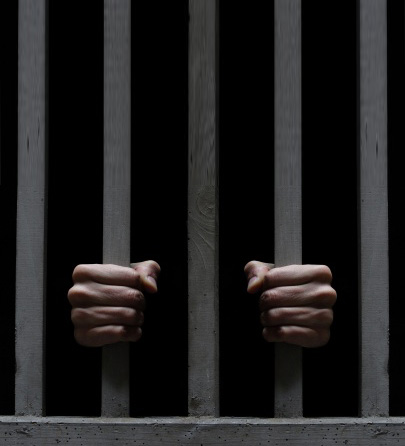 (Friday’s Populist Capitalist Blog Post)
(Friday’s Populist Capitalist Blog Post)
I’ve noticed that in life we sometimes create what we fear, that our very efforts to protect ourselves can result in even greater problems. I have observed that the “war on drugs,” at tremendous financial expense, has put an extraordinary percentage of an entire generation of minorities in prison for relatively minor drug offenses. Beyond the staggering cost of jails and judges and prosecutors and public defenders and courthouses and arresting officers, there is an incredible social cost, since a felony record renders one pretty much unemployable. And it has been noted that prison is often little more than a “how to” finishing school for crime.
Sometimes we create what we fear because harsh policies can radicalize the opposition, even more so the innocents who suffer collateral damage from our efforts to protect ourselves. This quote is from The New York Times in reference to our government’s reasons for arguing against freedom for a Guantanamo prisoner, who a U.S. judge ordered released:
“Even if Mr. Ahmed was not dangerous in 2002, they said, Guantanamo itself might have radicalized him, exposing him to militants and embittering him against the United States.”
Yeah, I’d be pretty mad too if I were innocent and had been in jail for 7 or 8 years. For many years, America wore the white hat in the world. We were the good guys, the city of light on the hill, the Camelot, the ideal that others aspired to be. It was the bad guys who tortured and imprisoned without trial, not us. It was totalitarian regimes where you where frisked down by your government, where you had to produce your identification or be thrown in jail, where proper papers where required before you could travel.
It is in times of adversity that we learn our true nature, where our true character is revealed. In our time of challenge, we have given up tremendous civil liberties with a sheep-like quietness that is astonishing for a country founded on a love of liberty and freedom. We have abandoned many of the principles of justice and fairness that we so long have preached to others. We have done this in pursuit of increased security, which I suspect has been largely illusionary. We choose to fight a “war on terrorism” that I suspect history will judge as ineffective and in many ways counterproductive. Indeed, at times I think we act in ways that may have strengthened our opponents, drawing support and resources to them that would not have materialized had we chosen other, more multilateral avenues. The principle of me against my brother, my brother and me against my cousin, my cousin and me against the world is applicable in this case.
To someone who has a hammer, everything is a nail. And when the hammer does not work, the tendency is to think that the solution is simply a bigger hammer.
Sometimes, when trying to create change or implement solutions it is much more effective to look for ways to remove restraining forces than to simply increase driving forces.
Closing Quote:
“They who can give up essential liberty to obtain a little temporary safety, deserve neither liberty nor safety.” — Benjamin Franklin


0 Comments